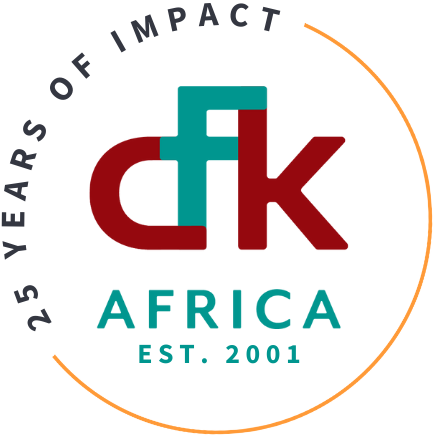Written by Emma Harver, Deputy Director for Communications and Development
CFK Africa welcomes four Peacock Fellows to our team this summer. These talented UNC-Chapel Hill student fellows will work alongside our Kenya team to help girls face trauma through art therapy, provide sustainability models for maternity and clinical work, conduct research to address environmental issues that is replicable to informal settlements worldwide, and help tell CFK Africa’s impact story through data-driven insights. Meet our four impressive Peacock Fellows:
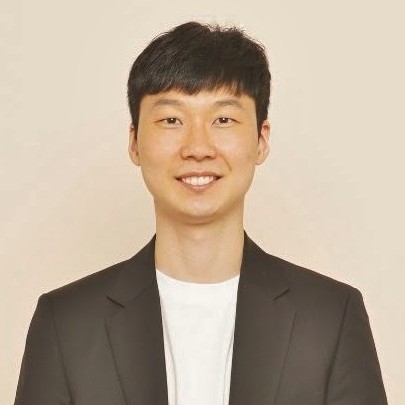
Huijoo Shon is a PhD candidate in City and Regional Planning with specific interests in environmental planning, water and sanitation, urban infrastructure, and adaptation. His time as a Peacock Fellow will support his dissertation research, which examines how residents and communities in vulnerable settlement communities across East Africa utilize shared spaces and resources to develop collaborative and adaptive water, sanitation, and energy infrastructure in the context of climate change.
“I am excited to engage with CFK Africa and local communities to gain deeper insight into their efforts to enhance healthy environments and infrastructure. I look forward to both learning from and contributing to community-based and collaborative approaches.”
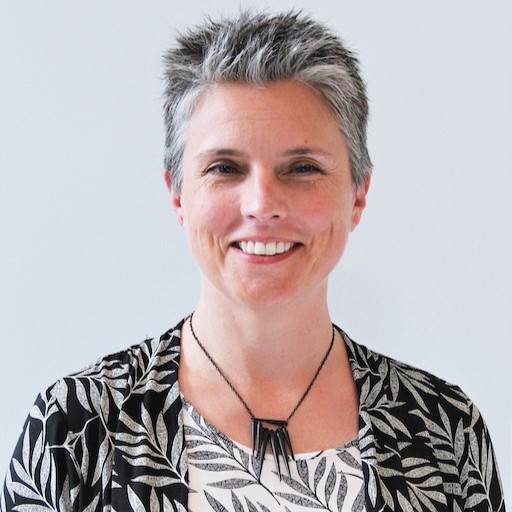
Sarah Cornette is a PhD student in Education: Culture, Curriculum, and Teacher Education. Her research focuses on community-based participatory research, arts-based methodologies and youth empowerment, particularly among marginalized populations, migrants, and refugee communities. During her Peacock Fellowship with CFK Africa, Sarah will bring her previous career as a visual art teacher to explore how visual storytelling and creative expression can be used as tools for resilience, advocacy, and education.
“I look forward to co-creating a space where young mothers can express their experiences, build confidence, and develop new opportunities for themselves and their children.”
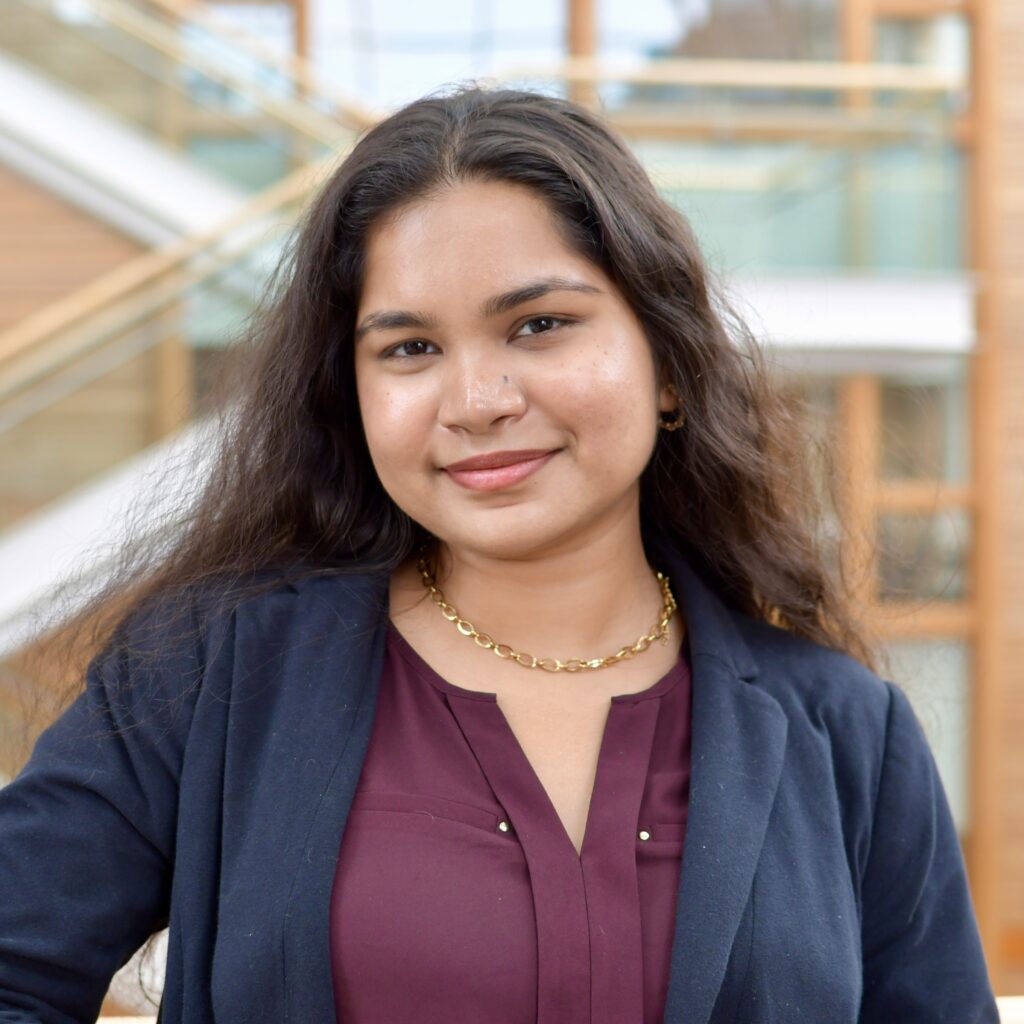
Anoushka Das is a student in the Master of Public Health (MPH) in Global Health at UNC’s Gillings School of Global Public Health. Her research interests include maternal and child health, implementation science, health equity, and program evaluation and she looks forward to gaining hands-on experience in program evaluation and impact measurement with CFK Africa.
“I am excited to learn from community-driven public health initiatives and contribute to meaningful, data-informed solutions.”
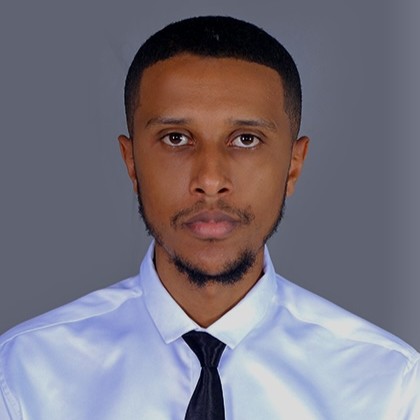
Dr. Yared Tadesse is a student in the Master of Public Health (MPH) in Global Health at UNC’s Gillings School of Global Public Health. With a background as a medical doctor, his research interests include infectious diseases such as HIV/AIDS and tuberculosis. Through his practicum experience with CFK Africa, Yared will contribute to sustainability models for clinical health in Kenya’s informal settlements.
“I am excited to gain real world experience in community-driven global health initiatives and working closely with the Kenyan team to address pressing health challenges.”
CFK Africa’s student opportunities are thanks to James and Florence Peacock, whose support launched efforts to engage students in hands-on service experiences in Kenya over two decades ago. Since 2004, we have engaged over 40 Peacock Fellows who remain committed to service, with many serving in impactful roles in public health, clinical health, government, education, journalism, and philanthropy.
We appreciate partners like the Gillings School of Global Public Health for continuing this legacy of engagement, with collaborations this year to develop a new practicum for Masters of Public Health students interested in research, monitoring, and evaluation. CFK Africa holds firmly to the belief that we must continue to invest in global health and development, even as government funding cuts are decimating university health and international research programs.
We look forward to sharing updates about the impact each of these ambitious and talented fellows will make throughout their hands-on learning and research experiences.
Make a tax-deductible donation to CFK Africa and invest in students leading global health and development research.
